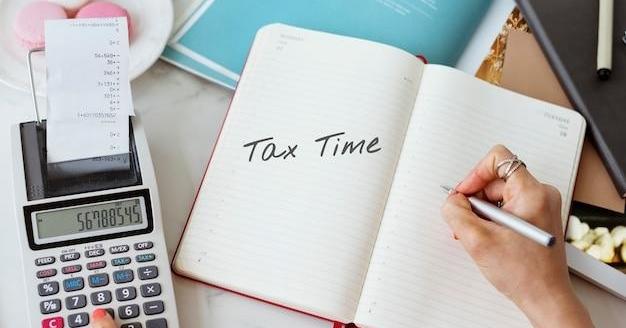Tax time can be exciting if you assume you are getting a fat refund. Unfortunately, reality doesn’t always align with your expectations, and you can wind up getting a lot less than you think.
For most people, a small refund means putting a hold on their plans to vacation, renovate, or splurge. But for a small group of Americans, it could spell financial trouble ahead. Time reports roughly one-third of taxpayers depend on their refunds to make ends meet.
A lower refund has the same effect as docked pay: you have less money to do what you plan. This can be tricky, but don’t panic yet. You have options. Check them out below.
Make Sure it Isn’t an Error
Your refund might be lower than usual for a variety of reasons. One of the biggest is when the IRS thinks you have outstanding government debts. This can include student loans, unemployment compensation, or even past-due child support.
If the IRS believes you still owe on these accounts, they may take money from an existing refund to pay them. You will receive a notification any time the IRS makes this ruling. You should contact them if you don’t think you owe the debt, or if you didn’t receive a notice.
Delay Big Purchases
If you were going to use your refund to repair your car or replace household appliances, you might have to wait a little longer. Save the smaller refund for now and sit down with your budget. You’ll have to cut down on spending to save more toward your repair.
What if your repair or renovation can’t wait the time it takes you to save? In an emergency, you may have to borrow money. You can put urgent expenses on your credit card or consider opening a new line of credit.
An online credit line can come in handy after you make your purchase and pay off your balance. Your account will sit on standby until the next unexpected emergency that arrives when you’re short on cash. You won’t accrue interest or fees until you draw against your limit and carry a balance, so leaving it at zero comes with no penalty.
Talk to Creditors
If you were planning on using your refund to handle a bill, consider reaching out to your creditor. Talk to their billing department about your financial difficulties. They likely chat with people like you all day long and have protocols in place for customers who struggle to pay bills.
They may offer a financing plan, which breaks down your balance into smaller payments stretched over time. You may even successfully ask for a lower payment. It takes skill and a lot of patience to negotiate this, but it can pay off — literally.
Why not cut corners and borrow money? Falling back on your credit card or line of credit might make sense in an unexpected situation — one-off emergencies, like repairing a broken fridge or water heater. But these financial products lose their shine when it comes to regular, expected bills. Borrowing money to handle regular bills isn’t sustainable.
Rethink Your Career
Today’s economy is hard on everyday folks like you, and experts don’t think it will get any easier this year. With prices remaining high, your bills won’t drop suddenly any time soon. You’ll still find everything takes a bigger piece of the pie, so why not make your pie bigger?
If you can’t do anything about the prices you pay, do something about the money you earn. Look into better-paying careers in tech (like cybersecurity or enterprise security) and figure out what you would have to do to get your foot in the door.
